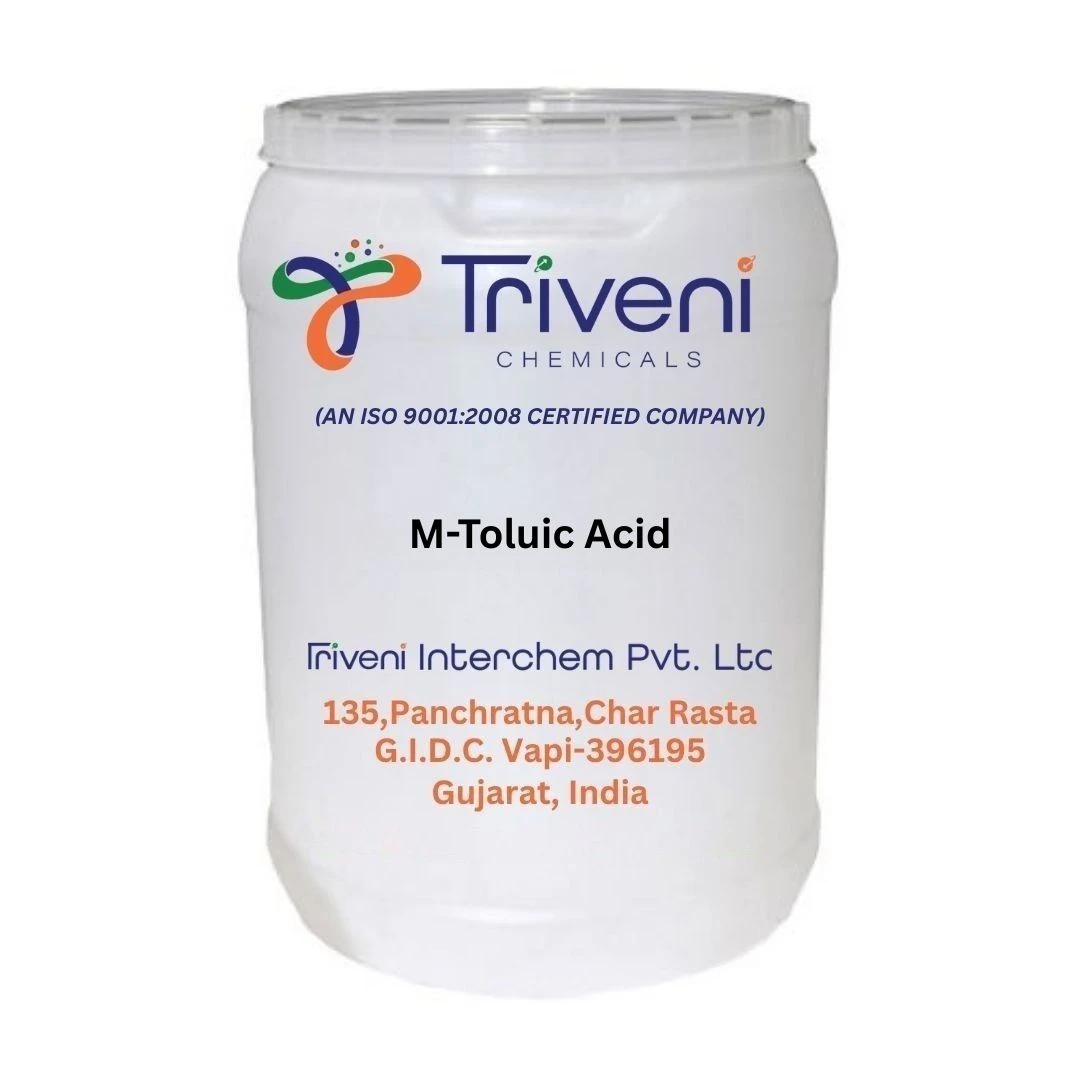Insect repellent is essential for protecting people from the discomfort and potential health hazards connected with insect bites. These formulations are intended to repel insects such as mosquitoes, ticks, and flies, thereby preventing the spread of diseases like malaria, Zika virus, and Lyme disease. Insect repellents work by masking the..
Insect repellent is essential for protecting people from the discomfort and potential health hazards connected with insect bites. These formulations are intended to repel insects such as mosquitoes, ticks, and flies, thereby preventing the spread of diseases like malaria, Zika virus, and Lyme disease. Insect repellents work by masking the body's fragrance or creating a barrier that insects find unpleasant. DEET (N-diethyl-meta-toluamide) is one of the most prevalent active chemicals in insect repellents. DEET has been widely used since its inception in the 1950s, and it continues to be an effective and dependable insect repellent. It works by disrupting the insects' ability to detect the compounds that attract them to human skin. Although DEET is generally regarded safe when used as advised, some people may be allergic to it, and other ingredients are available for those who want a different option. Another prominent active component is picaridin, which has grown in favor as an effective and odorless alternative to DEET. Picaridin works by confounding insects' sense of smell and is well-known for providing long-term protection against mosquitoes and ticks. It is deemed safe for use on youngsters and poses a reduced risk of skin irritation than DEET. Natural insect repellents include essential oils like citronella, eucalyptus, and lemongrass. These oils function by generating disagreeable odors, which keep insects at bay. While natural repellents may provide some protection, they require more frequent reapplication than chemical repellents and may be less effective in high-risk regions. To enhance their efficiency and reduce potential hazards, insect repellents must be applied according to approved guidelines. Furthermore, selecting the appropriate formulation and concentration based on the degree of insect activity and duration of exposure is critical for providing optimal protection. As the threat of insect-borne diseases grows, insect repellents remain an effective tool for protecting people from the dangers of insect bites.


